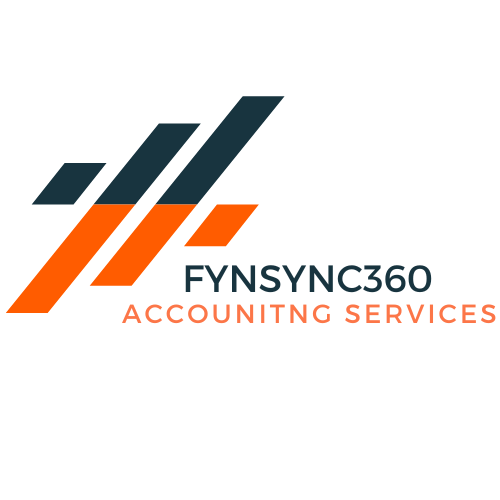In the world of non-profit organizations, the management of grants is a critical component that can dictate the success and longevity of various programs and initiatives. Efficient and effective grant management not only ensures the proper use of funds but also strengthens the trust between funders and non-profits. This blog post will delve into the best practices in grant management for non-profit organizations, emphasizing the importance of incorporating the focus keyword “Grant Management” right from the planning stage to the execution and reporting phases.
Introduction to Grant Management in Non-Profits

Grant management refers to the processes and methodologies non-profit organizations use to oversee the complete lifecycle of a grant. This includes everything from the initial application, securing the grant, managing the funds, implementing the project, and finally, reporting on the use and outcomes of the funds. Effective grant management is crucial for non-profits to ensure they meet the funder’s requirements, achieve project goals, and lay the groundwork for future funding opportunities.
Planning and Strategizing for Grant Management

The first step in successful grant management involves meticulous planning and strategizing. Non-profits should start by aligning their grant-seeking efforts with their organizational goals and mission. This alignment ensures that the projects funded by grants contribute meaningfully to the organization’s long-term objectives. Additionally, creating a detailed plan for each grant application, including timelines, responsibilities, and budgetary needs, sets the foundation for efficient grant management.
Ensuring Compliance and Effective Documentation

Compliance with the funder’s guidelines and maintaining comprehensive documentation is another pillar of grant management best practices. Non-profits must thoroughly understand the terms and conditions of the grant agreement, including reporting deadlines, budget restrictions, and expected outcomes. Keeping accurate and detailed records of all grant-related activities and expenditures is essential for demonstrating compliance, facilitating audits, and preparing for future grant applications.
Financial Management and Oversight

Effective financial management is at the heart of grant management. Non-profit organizations need to establish robust financial systems and processes to track grant funds separately from other sources of income. This includes setting up dedicated bank accounts for grant funds, employing stringent accounting practices, and regularly reviewing financial reports to ensure funds are being used as intended. Such financial oversight not only ensures compliance with the grant agreement but also enhances the organization’s financial stability and accountability.
Building and Maintaining Funder Relationships

Grant management extends beyond the administrative and financial handling of funds; it also encompasses building and maintaining positive relationships with funders. Transparent communication, regular updates, and sharing success stories can strengthen the trust between non-profits and their funders. Additionally, understanding the funder’s goals and demonstrating how your projects align with their objectives can pave the way for ongoing support and future funding opportunities.
Leveraging Technology for Efficient Grant Management

In today’s digital age, leveraging technology can significantly enhance the efficiency of grant management processes. Many software solutions are designed specifically for non-profits to streamline grant applications, track financials, manage documents, and report on outcomes. Investing in such technology can save time, reduce errors, and improve the overall management of grants.
Conclusion: Mastering Grant Management for Success
Mastering grant management is essential for non-profit organizations to maximize the impact of their funded projects, ensure compliance with funder requirements, and secure future funding. By adopting best practices in planning, compliance, financial management, relationship building, and leveraging technology, non-profits can enhance their grant management efforts, contributing to their overall success and sustainability.
Focusing on effective grant management strategies is not just about securing funds; it’s about ensuring those funds are used effectively to make a meaningful difference in the communities and causes non-profits serve.



No responses yet